Engineering Science
This program is designed to give you the first two years of a bachelor’s degree.
What You'll Learn
Master the precision, experimentation, and design skills driving engineering progress.
Prepare for roles in mechanical, electrical, civil, or chemical engineering with this rigorous transfer program. You'll master principles of physics, mathematics, materials science, and systems design, laying the groundwork to seamlessly transfer into a four-year engineering program. Graduates leave with analytical reasoning, technical modeling, and design skills that employers and universities demand.
Where You’ll Go

Mechanical Engineers
- Read and interpret blueprints, technical drawings, schematics, or computer-generated reports.
- Research, design, evaluate, install, operate, or maintain mechanical products, equipment, systems or processes to meet requirements.
- Specify system components or direct modification of products to ensure conformance with engineering design, performance specifications, or environmental regulations.
- Confer with engineers or other personnel to implement operating procedures, resolve system malfunctions, or provide technical information.
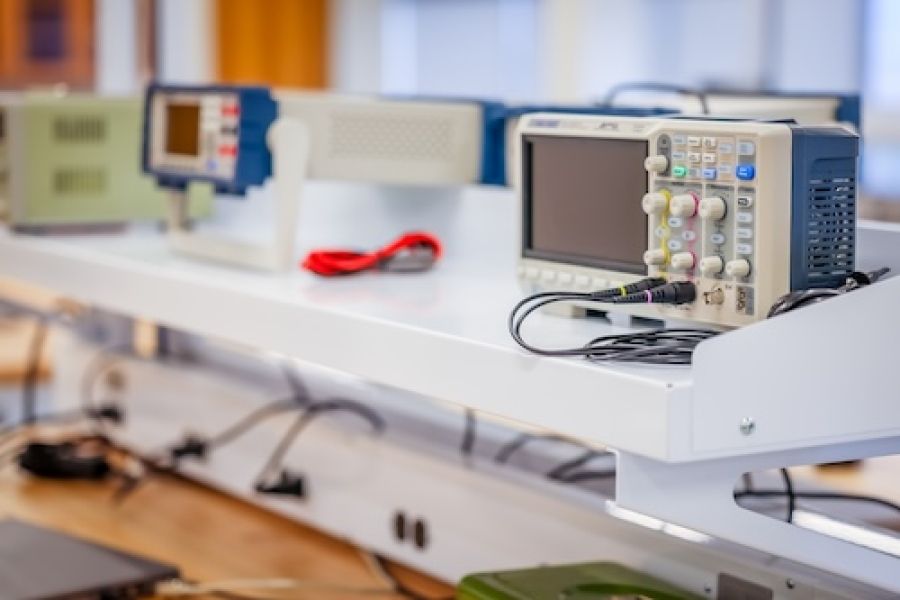
Electrical Engineers
- Design, implement, maintain, or improve electrical instruments, equipment, facilities, components, products, or systems for commercial, industrial, or domestic purposes.
- Oversee project production efforts to assure projects are completed on time and within budget.
- Direct or coordinate manufacturing, construction, installation, maintenance, support, documentation, or testing activities to ensure compliance with specifications, codes, or customer requirements.
- Perform detailed calculations to compute and establish manufacturing, construction, or installation standards or specifications.

Civil Engineers
- Direct engineering activities, ensuring compliance with environmental, safety, or other governmental regulations.
- Manage and direct the construction, operations, or maintenance activities at project site.
- Inspect project sites to monitor progress and ensure conformance to design specifications and safety or sanitation standards.
- Compute load and grade requirements, water flow rates, or material stress factors to determine design specifications.
Salary information presented are estimates and can be different for each individual based on education, experience, and the specific employer. Labor market data is based on 2025 estimates derived from Lightcast (Career Coach | Lightcast)
The careers listed above are just a starting point. Our programs mix together important concepts and hands-on skills—but that doesn’t mean your future has to follow the same script. Find out more at Career Exploration & Support.

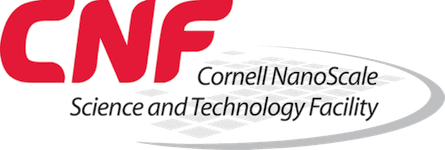

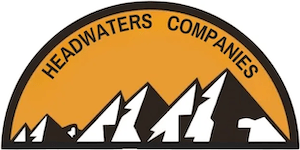




Program Requirements
To graduate [ 66-68 credits + 2.0 GPA or higher ]
This is the parent course sequence for our Engineering Science A.S. degree program. It provides options for focusing your coursework on specific career paths. You can view suggested course sequences for Chemical Engineering, Civil or Mechanical Engineering, and Electrical Engineering.
| Course ID | Course Name | Credits | Minimum Grade |
|---|---|---|---|
| ENGL098 | Accelerated Writing Skills for ENGL 100 | 3 | |
| MATH120 | College Algebra | 4 | |
| MATH138 | Precalculus | 4 | |
| MATH020 | Skills & Support for College Algebra | 2 |
| Course ID | Course Name | Credits | Minimum Grade |
|---|---|---|---|
| CHEM107 | General Chemistry I | 4 | |
| or CHEM107H | General Chemistry I Honors | 4 | |
| GEOG130 | Geovisualization: Mapping to Understand | 3 | |
| or ECON ELEC | Economics Elective | 3 | |
| ENGL100 | Academic Writing I | 3 | |
| or | A student exempt from ENGL100 must substitute a three-credit liberal arts elective. The course should be in consultation with the student’s advisor. | ||
| ENSC137 | Introduction to Engineering | 3 | |
| MATH201 | Calculus I | 4 | |
| or MATH201H | Calculus I Honors | 4 | |
| or | Students who are not able to take MATH201 in the first semester will need two extra semesters to complete this program. |
| Course ID | Course Name | Credits | Minimum Grade |
|---|---|---|---|
| CAPS191 | Introduction to MATLAB | 1 | |
| ENGL101 | Academic Writing II | 3 | |
| MATH202 | Calculus II | 4 | |
| PHSC211 | Physics I (Mechanics and Heat) | 4 | |
| MATH208 | Linear Algebra | 4 | |
| or | Choose MATH208 for the civil engineering, mechanical engineering, and electrical engineering sequences | ||
| or CHEM108 | General Chemistry II | 4 | |
| or | Choose CHEM108 for the chemical engineering sequence |
| Course ID | Course Name | Credits | Minimum Grade |
|---|---|---|---|
| CSCI160 | Computer Science I | 3 | |
| ENGL201 | Public Speaking | 3 | |
| or ENGL204 | Interpersonal Communication | 3 | |
| or ENGL210 | Intercultural Communication | 3 | |
| MATH203 | Calculus III | 4 | |
| PHSC212 | Physics II (Electricity & Magnetism) | 4 | |
| ENSC209 | Engineering Mechanics: Statics | 4 | |
| or | Choose ENSC209 for the civil engineering or mechanical engineering sequence | ||
| or ELEC224 | Digital Electronics | 4 | |
| or | Choose ELEC224 for the electrical engineering sequence | ||
| or CHEM205 | Organic Chemistry I | 4 | |
| or | Choose CHEM205 for the chemical engineering sequence |
| Course ID | Course Name | Credits | Minimum Grade |
|---|---|---|---|
| ENGL102 | Approaches to Literature | 3 | |
| or ENVS102 | Technology and the Environment | 3 | |
| MATH206 | Differential Equations | 4 | |
| ENSC204 | Mechanics of Materials | 4 | |
| or | Choose ENSC204 for the civil engineering and mechanical engineering sequences. | ||
| or ELEC223 | Microcontroller Fundamentals | 4 | |
| or | Choose ELEC223 for the electrical engineering sequence. | ||
| or BIOL220 | Cell Biology | 3 | |
| AND BIOL221 | Advanced Cell Culture Techniques | 1 | |
| or | Choose BIOL220 & BIOL221 for the chemical engineering sequence. | ||
| or CHEM206 | Organic Chemistry II | 4 | |
| or | Choose CHEM206 for the chemical engineering sequence. | ||
| ENSC203 | Electrical Science | 4 | |
| or | Choose ENSC203 for the chemical, civil, mechanical, or electric engineering sequences. | ||
| or ENSC212 | Dynamics | 3 | |
| or DRAF107 | Engineering Graphics | 2 | |
| or DRAF117 | Architectural Drafting I | 3 | |
| or | Choose ENSC212, DRAF107, or DRAF117 for civil or mechanical engineering sequences. | ||
| or DRAF127 | Printed Circuit Board Design | 3 | |
| or DRAF227 | Printed Circuit Board Design II | 4 | |
| or | Choose DRAF127 or DRAF227 for the electrical engineering sequence. |
Transfer Agreements
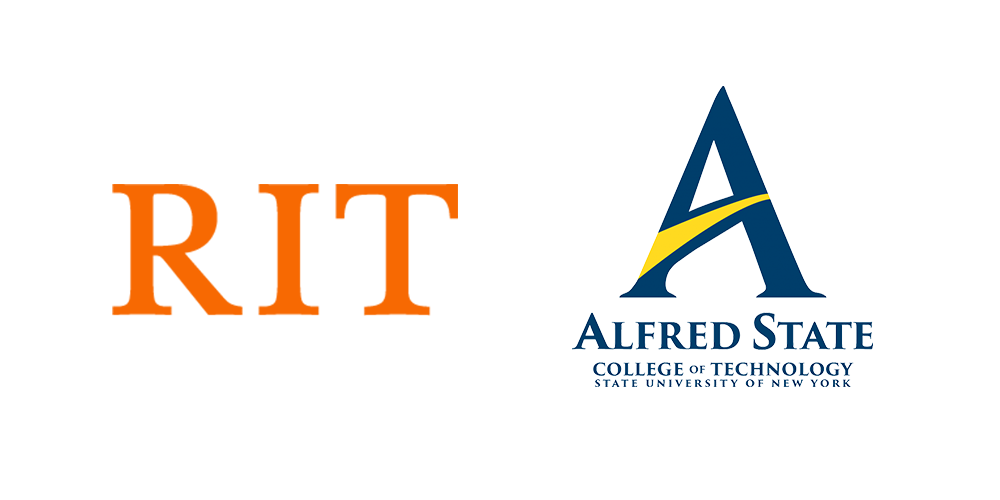
| Transfer School Sort descending | Transfer Program |
|---|---|
Transfer School: Hobart and William Smith Colleges |
Transfer Programl: Multiple Programs |
Transfer School: Syracuse University |
Transfer Programl: College of Professional Studies |

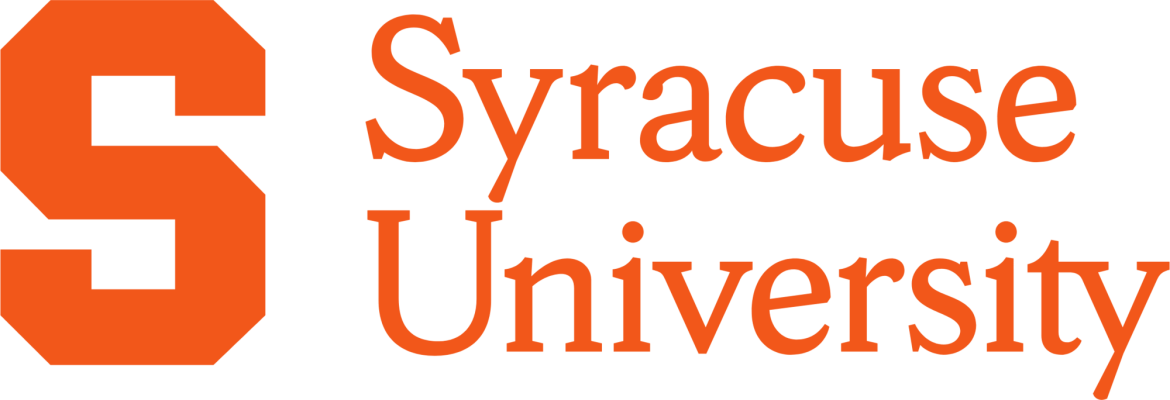
Student & Faculty Stories
On this page
Attend a Discovery Day!
Curious about TC3? Discovery Days give you an inside look at our campus, programs, and an opportunity to connect with the staff and faculty who are here to support you. Click the link below to register for our STEM Discovery Day!
Free Community College
SUNY ReConnect can boost your earning power with a free associate degree in a high-demand fields like engineering, nursing, education, green jobs or cybersecurity. Open to all New York State residents age 25-55 who don't already have a college degree.
Take on as much (or as little) as you want. Our microcredentials and certificates provide you with credits to apply to 2-year programs – when you’re ready!